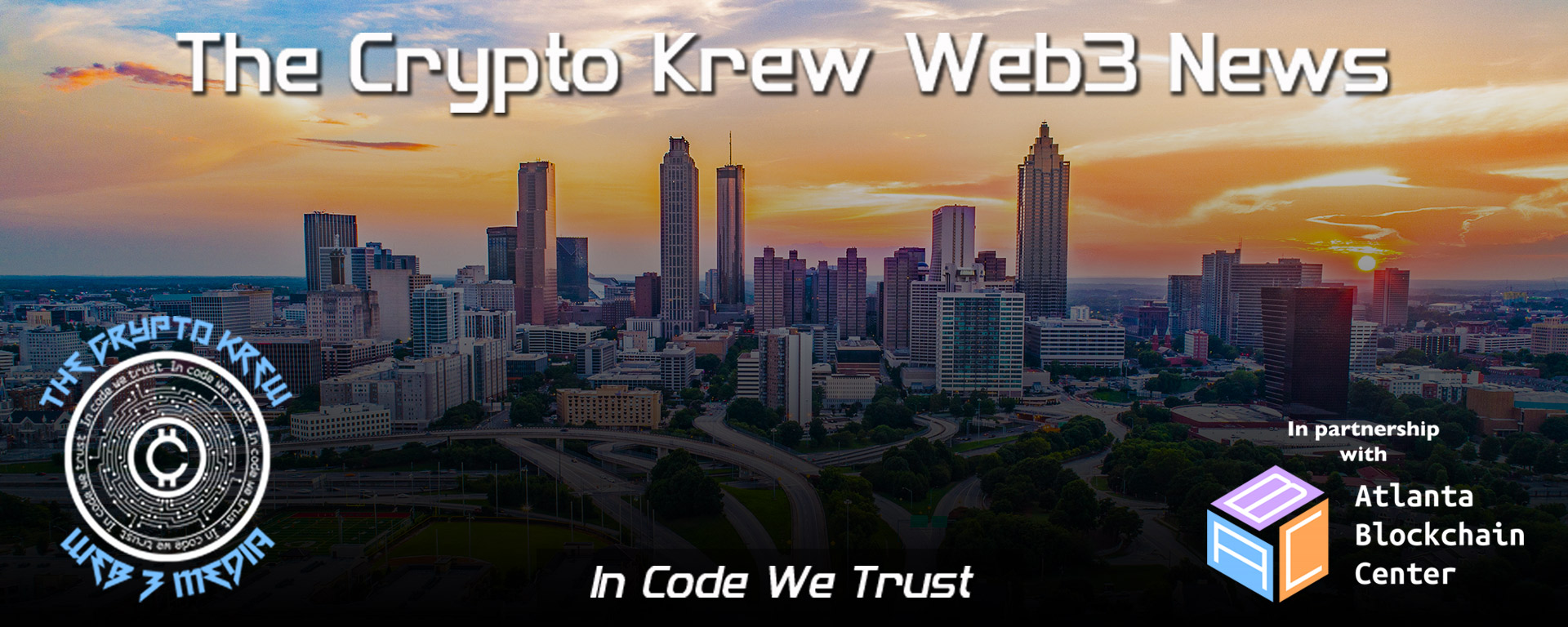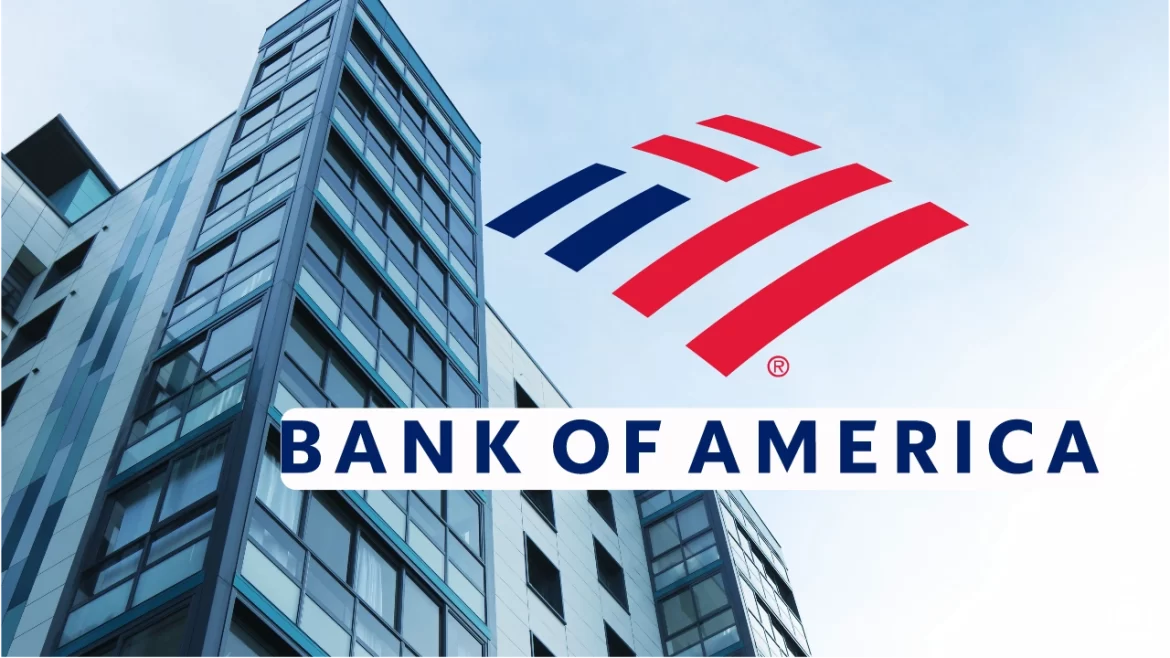Bank of America, one of the world’s biggest banks with assets of $284 billion, is attempting to exert more control on the stablecoin market. CEO Brian Moynihan is working with powerful lobbying groups like the American Bankers Association and the Bank Policy Institute to convince lawmakers that only banks can issue stablecoins.
BoA intends to roll out its own cash-backed digital dollar, the “Bank of America coin,” backed 1:1 with currency. The action is considered a direct response to non-bank competitors such as Circle (issuer of USDC), Tether (USDT), Coinbase, Amazon, Meta, and others who are in business or looking to be in the stablecoin business.
USDC and USDT are the largest stablecoins at the moment, with market capitalizations of around $60 billion and $144 billion, respectively. BoA is acting as a safer and more regulated option, particularly in comparison to Tether, which has previously been probed by regulators. Despite this, Bank of America has a history of legal issues, including overcharging clients, violating mortgage disclosure requirements, and paying a $16 billion fine for financial misconduct. These earlier violations call the Bank of America’s claim to be more compliant and transparent than other institutions into question.
In the meantime, both the U.S. House and Senate are considering new stablecoin legislation, the GENIUS Act and the STABLE Act, that seek to establish clearer r regulations. Significantly, neither of these bills now prevents non-bank firms from issuing stablecoins. Nevertheless, BoA is pushing for language that would grant banks special treatment or even sole rights in the final bill of any law signed by the next president
- President Donald J. Trump Establishes The Strategic Bitcoin Reserve and U.S. Digital Asset Stockpile
- New Hampshire Bitcoin Reserve Bill Passes House Committee in Landslide Vote
- MicroStrategy, Led by Michael Saylor, Faces Class Action Over Multibillion-Dollar Bitcoin Investment Loss
- CFTC Advisory Committee Votes to Advance Pioneering Digital Assets Taxonomy For Agency Review
- Former Celsius CEO Alex Mashinsky to Plead Guilty to Celsius Fraud Charges
- Trump Says Crypto Reserve Will Hold XRP, Solana, Cardano and ‘Obviously’ Bitcoin and Ethereum






